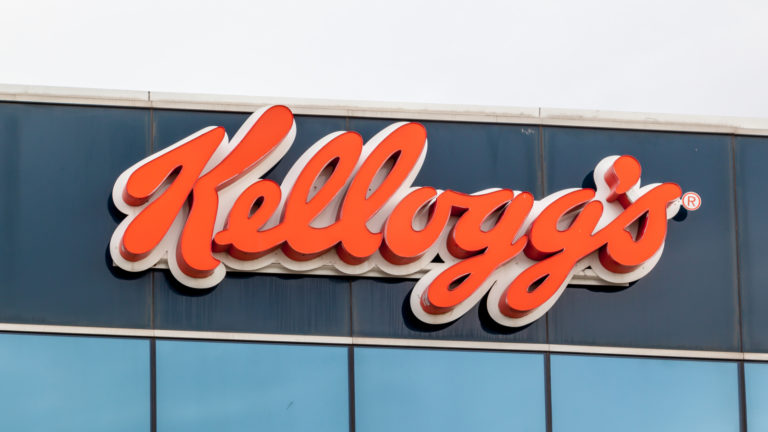On a decently solid Monday for the equities sector, food-manufacturing giant Kellogg (NYSE:K) posted a relatively strong performance, gaining 1.5%. Sentiment for the company bounced higher on management’s disclosure of a share buyback program. Though stakeholders of K stock may benefit from the move, the concept raises debate among financial experts.
In the Battle Creek, Michigan-based company’s press release, Kellogg’s board of directors approved a share repurchase authorization of up to $1.5 billion. Under the terms, the food manufacturer may buy back K stock at its discretion from Jan. 1, 2023 through Dec. 31, 2025.
Per the statement, Kellogg “uses buybacks as a way to offset dilution from options exercises and other stock grants, as well as to opportunistically return cash to share owners. Its previous $1.5 billion authorization expires on December 31, 2022.”
While 2022 imposed severe hardships for most publicly traded enterprises, Kellogg managed to keep its head above water. On a year-to-date basis, K stock gained about 13.5%. In contrast, the S&P 500 index over the same period lost almost 18% of market value.
Fundamentally, Kellogg cynically benefits from inelastic demand at the baseline of consumption. Though consumer sentiment slipped sharply against prior norms, people invariably require a minimum amount of calories. Therefore, K stock managed to provide a respectable return despite macroeconomic headwinds. Still, the buyback issue presents a tricky narrative.
K Stock in the Middle of an Ideological Tug-of-War
Although buybacks carry a reputation for unfair tampering with free-market dynamics, Harvard Business Review’s Alex Edmans argues that such sensational claims “are very rarely backed up by large-scale evidence, and often driven by a misunderstanding of how buybacks actually operate.”
Rather than a mechanism for exploitation, Edmans presents evidence that buybacks largely stem from residual cash flow
after investment spending, not in lieu of it. The writer states, “It is the exhaustion of a firm’s investment opportunities that lead to buybacks, rather than buybacks causing investment cuts.” Therefore, K stock may be no worse for wear following this latest round of buybacks.
Still, not everyone is convinced about the practice’s benefits. According to the conservative magazine National Review, buybacks are prone to “outrageous abuse.” As well, it states the action incentivizes “executives to enrich themselves at shareholders’ expense.”
The op-ed notes that prior to 1982, the U.S. Securities and Exchange Commission prohibited buybacks. At the time, regulators believed they gave “an unfair advantage to company insiders and the well-connected.”
Further, National Review states buybacks “de-capitalize companies in bull markets, then require either shareholders or taxpayers to re-capitalize the same companies in a downturn.” Considering that many experts fear an incoming global recession, the buybacks might present risks for K stock.
Ultimately, though, Kellogg rates differently from other high-profile firms implementing buybacks in that it’s a consumer staple. Recession or not, people need to eat, which may help keep K stock chugging along.
On the date of publication, Josh Enomoto did not have (either directly or indirectly) any positions in the securities mentioned in this article. The opinions expressed in this article are those of the writer, subject to the InvestorPlace.com Publishing Guidelines.

